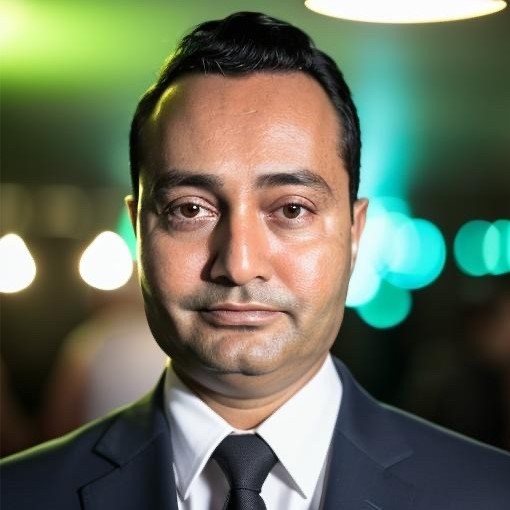
Bootstrapping Isn’t About Ideas. It’s About Identity

Most creators don’t fail because of bad ideas.
They fail because they don’t become the kind of person who can execute on them.
I’ve seen this transformation up close.
At Squibler, we bootstrapped to $5M ARR in 18 months.
No funding. No dilution. No VCs. Just a small team, relentless execution, and a product people actually wanted.
Now, at AI Product Accelerator, I watch talented founders go through the same battle.
Some of the smartest, most creative minds walk in with world-changing ideas.
But the ones who make it?
They aren’t necessarily the most technical or the most visionary.
They’re the ones who evolve.
Because the same instincts that make you a great creator—chasing novelty, resisting constraints, avoiding repetition—are the very instincts that hold you back from bootstrapping a real business.
It’s not funding.
It’s not competition.
It’s not market conditions.
It’s you.
Most creatives fail because they stay the same person they were at the start.
They tweak instead of ship.
Jump to the next shiny thing instead of doubling down.
Resist structure instead of using it to own their business outright.
Bootstrapping doesn’t reward creativity.
It rewards endurance.
I remember one founder at the Accelerator—brilliant, relentless, always onto the next big idea. But something changed as her business grew.
She stopped tinkering and started executing.
Instead of chasing new features, she focused on getting customers.
Instead of building for herself, she built for the market.
Instead of resisting structure, she used it to protect her creativity—so she could own her growth instead of giving it away to investors.
That’s the shift. And it’s brutal.
Because it forces you to put constraints on the thing you love.
And that feels like a betrayal.
“If I put structure on this, I’ll lose my originality.”
“If I delegate, the quality will suffer.”
“If I focus on execution, I won’t have time for new ideas.”
These are the lies that keep creatives stuck.
The truth?
Structure doesn’t kill creativity—it commercializes it.
And once you cross that gap, you don’t lose your freedom.
You protect it.
But most creatives never make it past that first step.
They stay trapped in the curse of creativity—always starting, never finishing.
The ones who succeed don’t just change their tactics.
They change who they are.
So the real question isn’t:
“Do you have a great idea?”
It’s:
“Are you willing to become the person who can make it real—and own it fully?”


/read more
Related Articles


Mastering the Best AI Product Development Techniques

